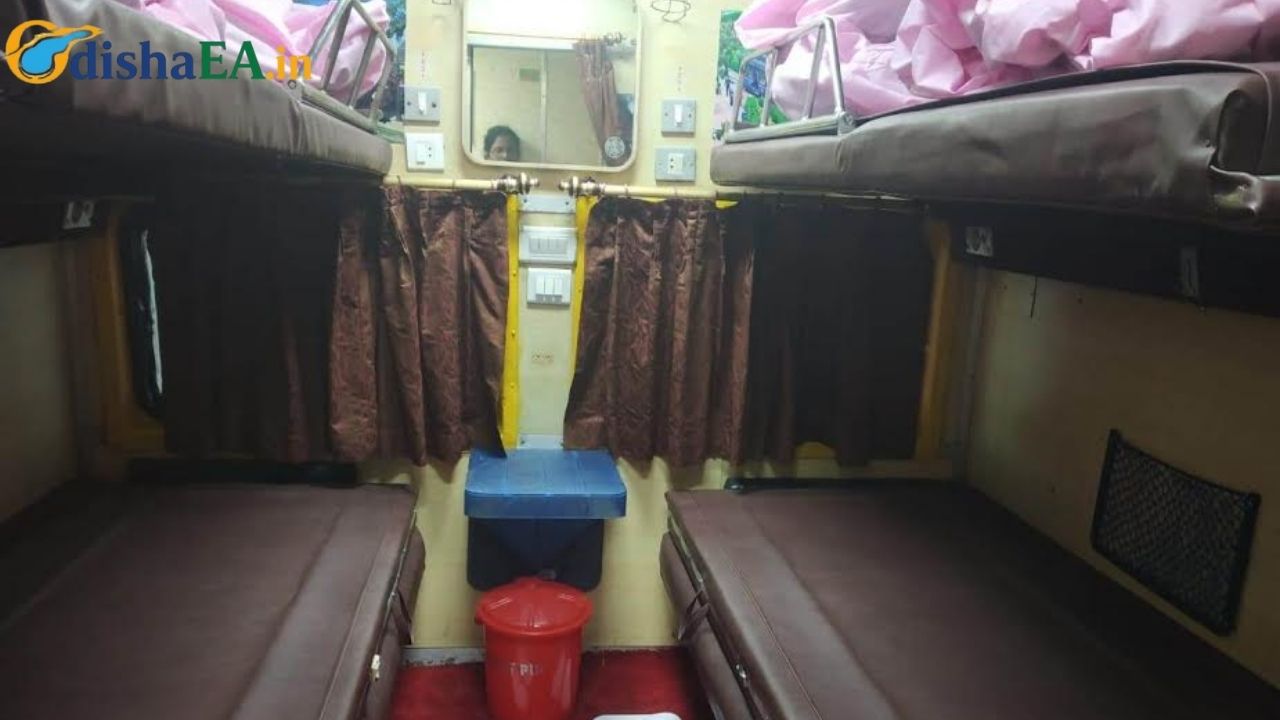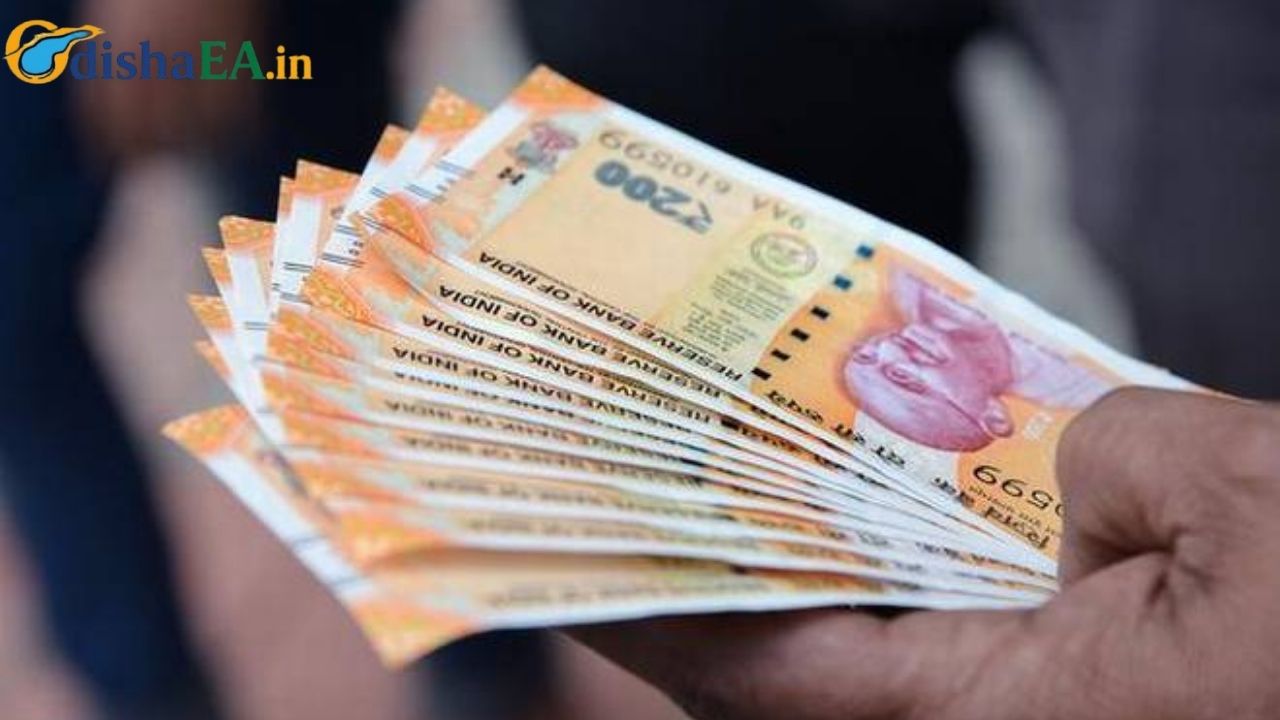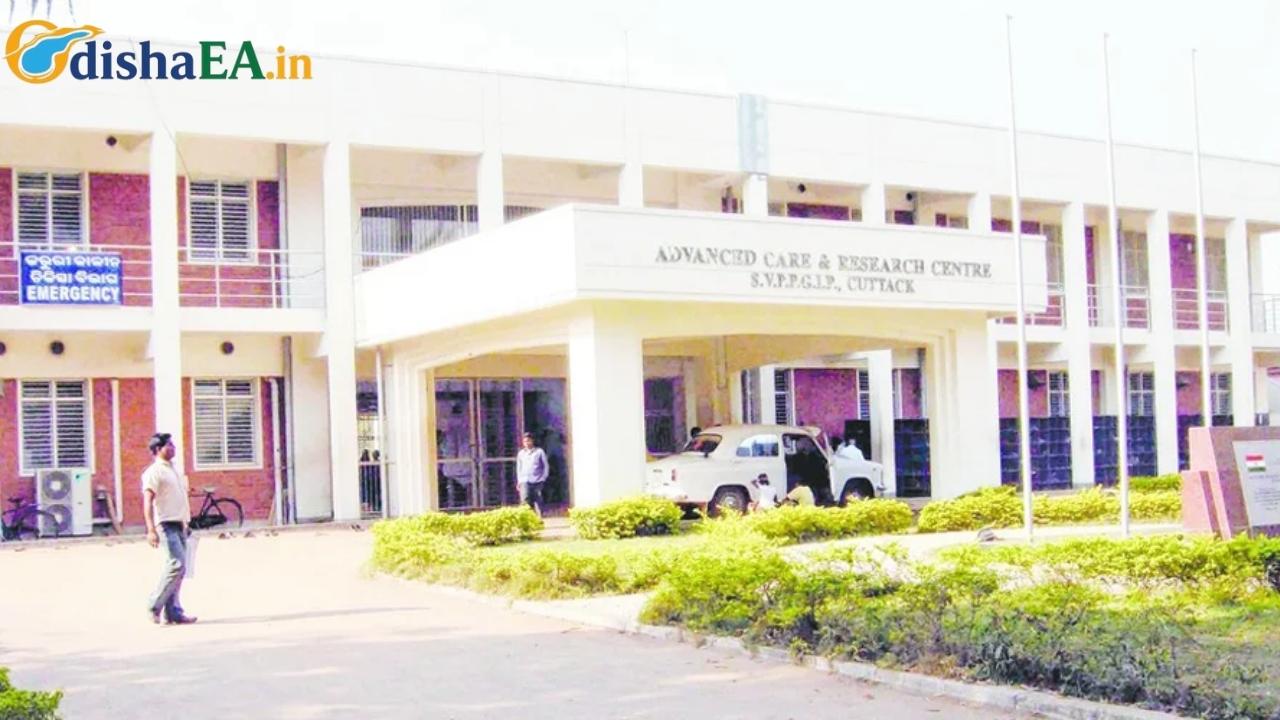When it comes to fighting corruption in India’s railway network, the CBI (Central Bureau of Investigation) just made headlines with a sting that sounds like it came straight out of a crime drama. On August 22, 2025, the CBI arrested a parcel clerk at Rourkela Railway Station in Odisha for taking a ₹7,200 bribe. Yep—you read that right. A guy got busted red-handed, with cash in hand, all because he wanted to “speed up” someone’s package delivery.

The accused, identified as Rajeev (or Rajib) Nandan Yadav, had originally demanded ₹8,000 from a customer who was trying to send a generator parcel. After some back-and-forth bargaining, the deal was struck at ₹7,200. The problem? The customer wasn’t having it and went straight to the CBI. That’s when India’s top investigating agency laid the trap, caught Yadav in the act, and dragged him into custody.
CBI Cracks Down on Bribery
| Aspect | Details |
|---|---|
| Incident Date | August 22, 2025 |
| Location | Rourkela Railway Station, Odisha |
| Accused | Rajeev (Rajib) Nandan Yadav, Parcel Clerk |
| Bribe Amount | ₹7,200 (reduced from an initial demand of ₹8,000) |
| CBI Action | Trap laid on August 21, arrest made on August 22 |
| Charges | Accepting illegal gratification under Prevention of Corruption Act, 1988 |
| Official Resource | CBI India Official Website |
The CBI’s crackdown on bribery at Rourkela Railway Station is more than just a “gotcha” moment—it’s a reminder that corruption thrives when people stay silent. By taking action, the customer who reported the demand not only protected their own rights but also sparked a bigger conversation about ethics, accountability, and trust in public services.
Whether you’re in Odisha, Ohio, or Oklahoma, the lesson is the same: don’t normalize bribery. Call it out, report it, and demand better. Because at the end of the day, a system that works fairly for everyone is worth fighting for.
Why This Arrest Matters
Corruption might sound like just another news buzzword, but let’s be real—it hits people where it hurts most: time, money, and trust. Imagine you’re at the post office in New York, trying to ship a big package. You expect it to cost you some shipping fees, but suddenly the clerk whispers, “Hey buddy, slip me a little extra cash, and I’ll make sure your package leaves today.” That’s bribery, plain and simple.
In India, this kind of petty corruption isn’t just about a few extra bucks. It erodes public trust in essential services like railways, where millions of people depend daily on parcel services for business and livelihood. By busting this parcel clerk, the CBI isn’t just locking up one bad apple—they’re sending a signal that “enough is enough.”
The Backstory: How the CBI Trap Worked
Here’s how it all went down, step by step:
- The Complaint – A customer reported that the clerk demanded ₹8,000 for “priority booking.”
- The Negotiation – After some bargaining, the amount was reduced to ₹7,200.
- The Setup – The CBI registered the case on August 21, 2025, and laid the groundwork for a sting operation.
- The Bust – On August 22, the parcel clerk accepted the bribe and was caught in the act.
- Aftermath – CBI searched his office and home, seizing documents and evidence for further investigation.
This isn’t the CBI’s first rodeo. Similar traps have been carried out across India, where railway employees, tax officers, and even bank officials have been caught red-handed.
Understanding Bribery in Simple Terms
At its core, bribery is when someone in power asks for or accepts money (or gifts) in exchange for doing their job—or worse, to bend the rules.
Think of it this way:
- In the U.S., if a DMV clerk asked you for $100 under the table to speed up your license renewal, that’s bribery.
- In India, this case at Rourkela is no different. It’s illegal, it’s shady, and it puts regular people at a disadvantage.
According to Transparency International, India ranked 93 out of 180 countries in the Corruption Perceptions Index (2024). While progress is being made, the numbers show there’s still a long road ahead.
Why Railways Are a Hotspot for Corruption
India’s railway system is one of the largest in the world, handling over 3 million tons of freight daily and moving 23 million passengers across the country. With numbers that big, the opportunities for shady deals multiply.
Here’s why railways are often vulnerable:
- High demand and limited capacity – Everyone wants priority, but not everyone can get it.
- Complex rules and paperwork – More paperwork = more loopholes to exploit.
- Face-to-face interactions – Unlike fully automated systems, human clerks can misuse their position.
That’s why agencies like the CBI keep a close eye on railway staff, parcel offices, and booking clerks.
Practical Advice: How to Protect Yourself from Bribery
Corruption isn’t just a “big news” story—it’s something everyday folks run into, whether in India, the U.S., or anywhere else. Here’s how to stay safe and push back:
1. Know Your Rights
Always understand the official fee or process. For example, if shipping a package costs $50 according to the rate chart, don’t let anyone hustle you for more.
2. Say No Politely
If someone hints at a bribe, respond calmly:
“I’d like to go by the official process, thanks.”
Sometimes, calling out the behavior is enough to shut it down.
3. Report It
In India, you can file a complaint directly with the CBI Anti-Corruption Unit or local vigilance bodies. In the U.S., bribery complaints can go to the FBI Public Corruption Hotline.
4. Document Everything
If possible, keep receipts, emails, or recordings. These can serve as evidence in case an investigation happens.
Lessons for Businesses and Professionals
For professionals in logistics, government services, or even private corporations, this case is a cautionary tale. Bribery doesn’t just break the law—it:
- Damages brand reputation
- Creates legal risks
- Undermines team morale
Adopting transparent processes, digitizing services, and running ethics training can go a long way in cleaning up workplace culture.
Vigilance Raids Reveal Crores in Cash, Gold, and Silver at Jeypore Officer’s Property
Odisha Vigilance Raids Deputy Ranger, Seizes Rs 1.4 Crore, Gold Biscuits, and Coins
FAQs
Q1. What exactly did the CBI catch the clerk doing?
The CBI caught the clerk accepting a ₹7,200 bribe for booking a generator parcel at Rourkela Railway Station.
Q2. What law covers bribery in India?
Bribery is punishable under the Prevention of Corruption Act, 1988, which prescribes jail time and fines for offenders.
Q3. Is bribery common in railways?
While not universal, reports suggest bribery and corruption are relatively common in services like parcel booking, freight handling, and ticket reservations.
Q4. How can I report bribery in India?
You can report directly to the CBI via cbi.gov.in or call their helpline numbers available on the site.
Q5. Does the U.S. have similar bribery issues?
Yes. In the U.S., bribery cases often surface in licensing offices, city councils, and procurement processes. The FBI investigates such cases.




